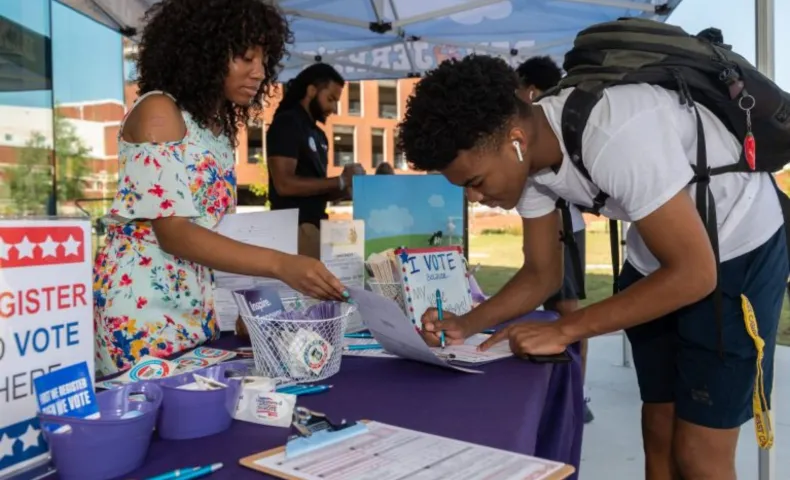 Photo Credit: Andrew Goodman Foundation
Photo Credit: Andrew Goodman Foundation
Getting Out the Vote on the Road to November
Across California, Haas, Jr. Fund grantee partners and their allies have been gearing up for the 2024 election. From get-out-the-vote (GOTV) campaigns and community organizing to nonpartisan efforts to educate communities about election issues and ballot propositions, our nonprofit partners are hard at work making sure their communities are informed and that they vote. We recently checked in with leaders from four of these organizations about what they are doing to realize the promise of democracy in this vital election for California and the nation.
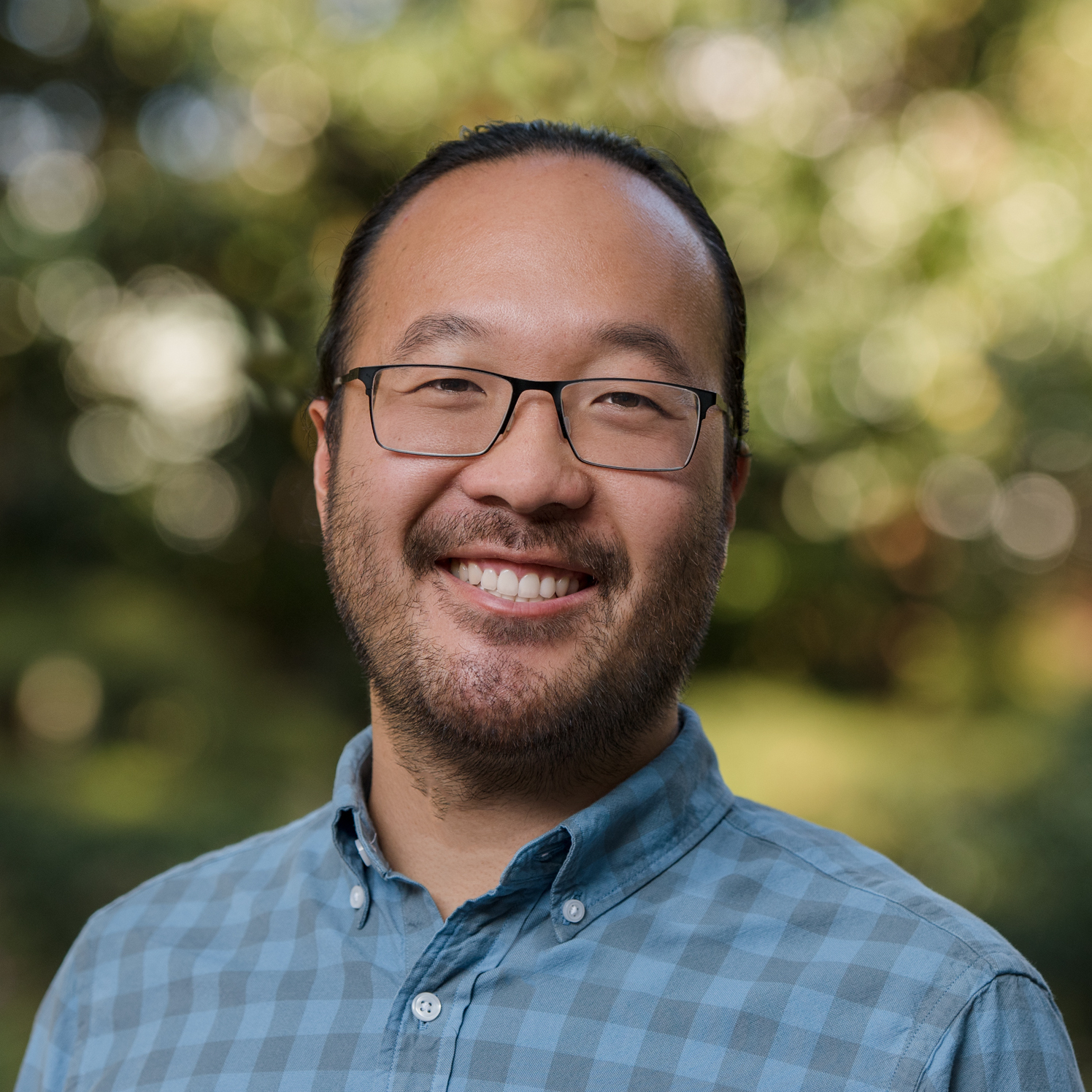 Timmy Lu, Founding Director of AAPIs for Civic Empowerment Education Fund (AAPI FORCE-EF)
Timmy Lu, Founding Director of AAPIs for Civic Empowerment Education Fund (AAPI FORCE-EF)
What We’re Focused On: “We are very concerned about the November election and the impacts it could have on Asian American and Pacific Islanders. Our communities rely heavily on public services, education, and healthcare. While all the attention is on the national presidential election, state ballot measures are flying under the radar right now and could threaten a lot of the gains we’ve made in California in recent years.”
Strategies and Tactics: “Our bread and butter is still direct voter contact at the door and on phones, in the languages our communities feel most comfortable talking issues and politics in. But to engage younger audiences, we’ve expanded our use of digital advertising, art and culture, and texting to reach our communities. The individual organizational members of AAPI FORCE-EF are essential to this work. We train their staffs and members to lead large-scale outreach, share our messages, and speak confidently on the issues under discussion.”
A Local Project We’re Proud Of: “Khmer Girls in Action (KGA) is a long-time AAPI FORCE-EF steering committee member and reaches thousands of Khmer and Asian American voters each election year. Their Invest in Youth campaign won the first participatory budgeting process in Long Beach, so there’s now a place for young people to participate in the process and shape resources. KGA must now continuously develop the leadership of young people to participate in these decisions that really matter to the local community.”
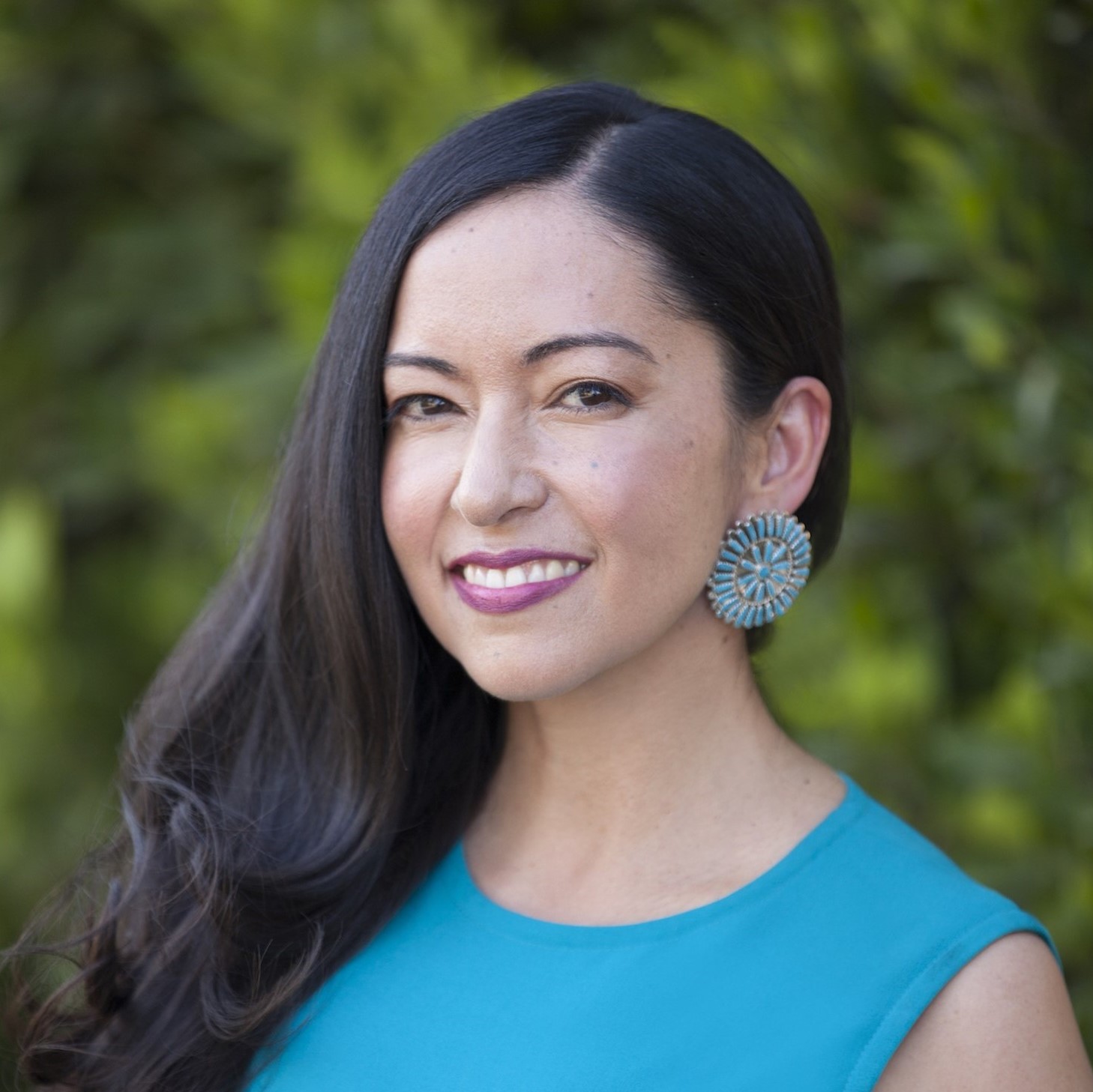 Chrissie Castro, Co-Founder and Executive Director of the California Native Vote Project
Chrissie Castro, Co-Founder and Executive Director of the California Native Vote Project
What We’re Focused On: “To ensure the largest possible turnout of the Native vote in November, California Native Vote Project will utilize our position as trusted messengers in the community to convey the importance of participating in the election. We want everyone to register and vote—from youths to elders, and especially those who are thinking about voting for the first time. We understand the Native people’s historic mistrust of government, but we also know that voting is a crucial component of the strategy to empower our communities.”
Strategies and Tactics: “We give our members multiple opportunities to engage at whatever level they are comfortable with—whether it’s relaying information to go and vote, or reaching out to their community about local measures that will impact them. This will also help us strengthen our practice of 'relational organizing'—whereby community members call, message, and educate their friends and family about the issues that impact Indian Country.”
A Local Project We’re Proud Of: “We recently piloted the Native Power Building Fellowship, an 18-month leadership development project that brings together Native leaders from communities throughout California. In addition to building relationships, the fellows participate in leadership development programming on organizing, integrated voter engagement, and sharpening their practice of creating change in their communities. Each fellow is asked to launch and/or support a campaign in their community that advances justice for Native peoples.”
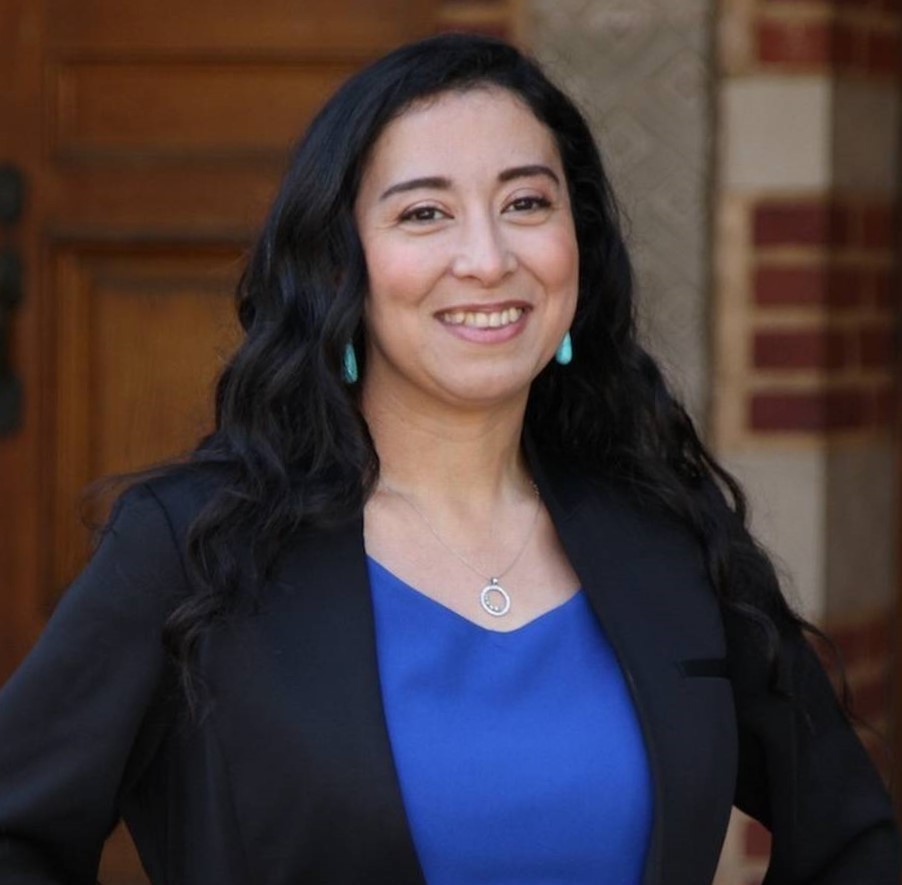 Destiny Rodriguez, Executive Director of MOVE the Valley
Destiny Rodriguez, Executive Director of MOVE the Valley
What We’re Focused On: “MOVE (Mobilize. Organize. Vote. Empower.) the Valley are concerned about affordable housing, funding for youth, criminal justice reform, youth participation in civic engagement, environmental justice, reparations, and more. These issues are interconnected, reflecting the diverse needs of the communities in the Central Valley and Sacramento Valley.”
Strategies and Tactics: “MOVE the Valley is committed to continued base building with youth/young adult leaders focused on political education; ‘People Power Organizing’ to engage our young adult leaders on phone banking, canvassing, and voter education; and narrative work via social media and ethnic media. We focus on family voting vs. individual voting, and on hosting nonpartisan candidate forums. Some of our partners have created a digital vote match campaign aimed at engaging Latina women voting power, as Latinas are registered and vote in significantly high numbers. Our strategy is to further reach voters on the issues that matter to them.”
A Local Project We’re Proud Of: “MOVE the Valley has conducted a 'San Joaquin Valley Speaks' survey, which shares the top concerns of residents across our nine counties (Fresno, Madera, Tulare, Merced, Kings, Stanislaus, San Joaquin, Sacramento, and Sacramento Valley). Our ongoing efforts involve distributing this survey to connect with voters and delving into the topics they find most pressing in their communities. Furthermore, we're committed to conveying the survey findings to policymakers, enabling them to shape more informed policies that address these concerns effectively and equitably.”
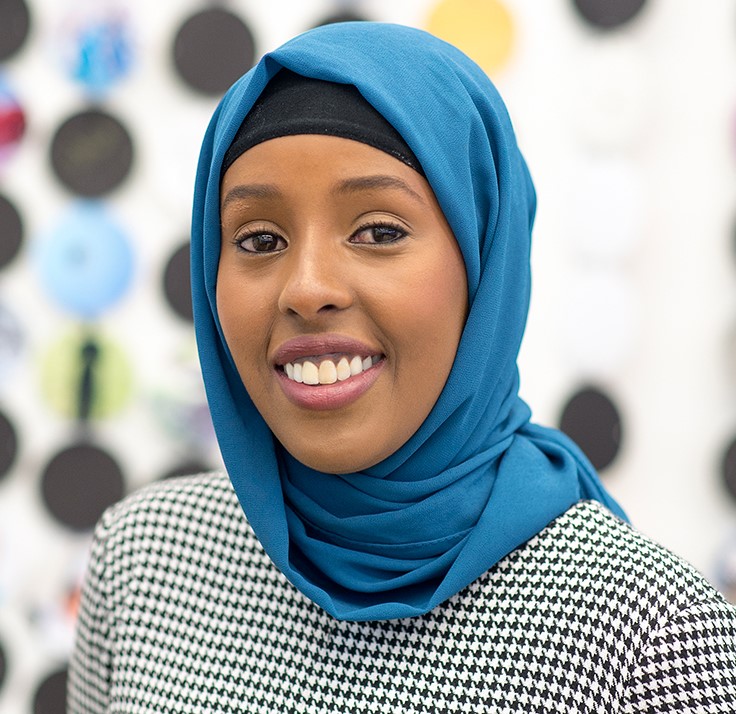 Ramla Sahid, Executive Director of the Partnership for the Advancement of New Americans (PANA)
Ramla Sahid, Executive Director of the Partnership for the Advancement of New Americans (PANA)
What We’re Focused On: “We’re concerned about anti-immigrant sentiments that are fueling violence and discrimination against refugees, migrants, and asylum seekers. We’re also concerned about language access. Currently, California voters are able to get translated reference ballots in Arabic, Somali, and Persian but not actual ballots in these languages that can be voted on. Every election, we hear from our communities that reference ballots are not effective and we’re working to fix that.”
Strategies and Tactics: “This year, PANA will focus on building stronger data on Black, African, Arab, Middle Eastern, Muslim, and South Asian communities with a goal of strengthening the visibility and voice of refugee and immigrant communities in democracy policy formation. In the upcoming election, we are working on piloting opportunities to expand language access. Long-term, we are building our capacity and power to capitalize on redistricting wins and prepare for the 2030 Census and redistricting cycles, including researching redistricting reforms that will break up white power monopolies that harm our communities.”
A Local Project We’re Proud Of: “Many of our refugee communities in San Diego face unique barriers in obtaining and keeping affordable housing. They face discrimination, language barriers, and a lack of knowledge about the rights they possess under law. When we see a pattern of official conduct that adversely affects many low-income tenants, we work to address not only the individual case before us, but the policy or practice that is causing harm. We organize tenants, work with community collaborators, and meet with decision-makers to prevent tenant displacement, preserve existing affordable housing, and protect those at risk of housing instability.”